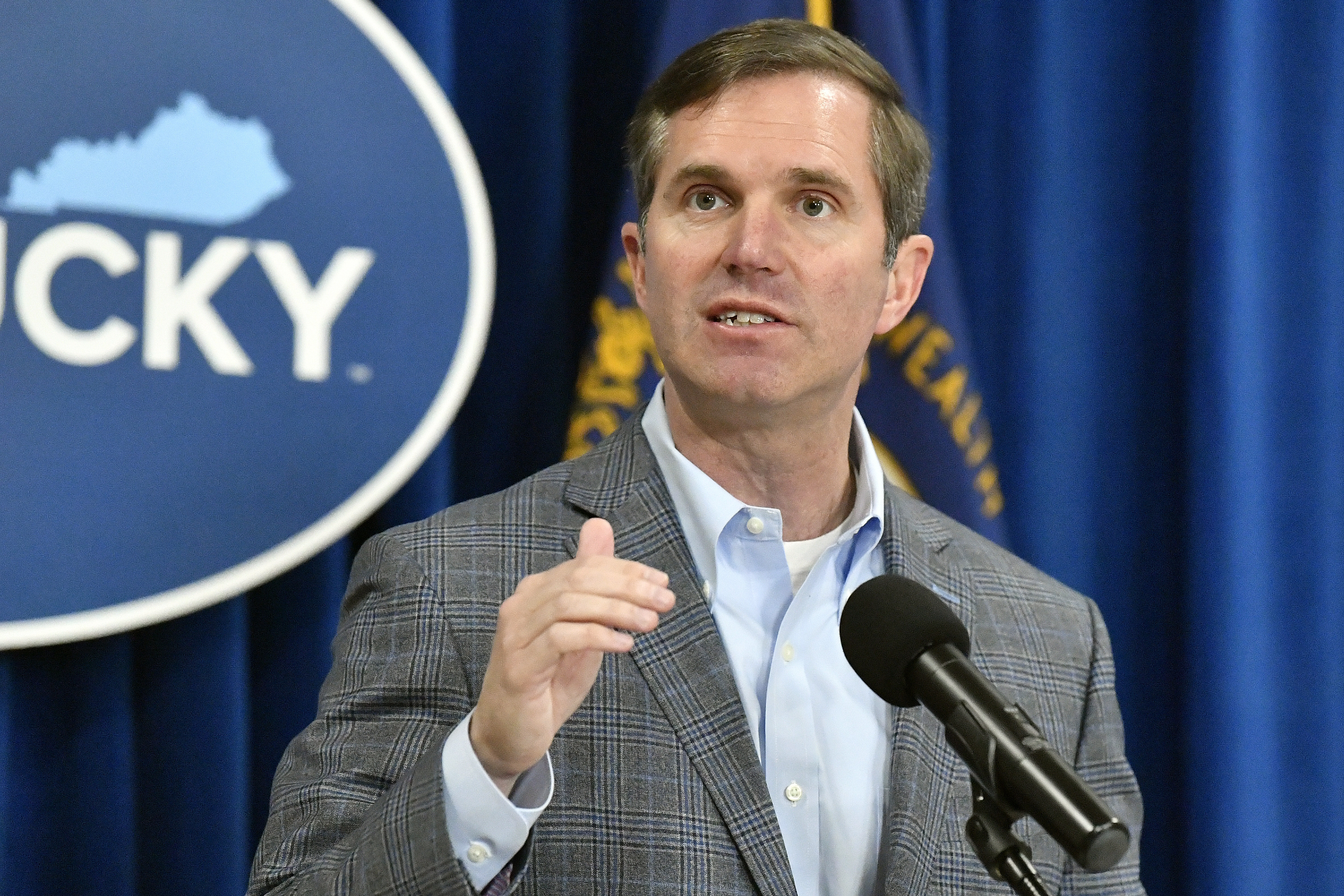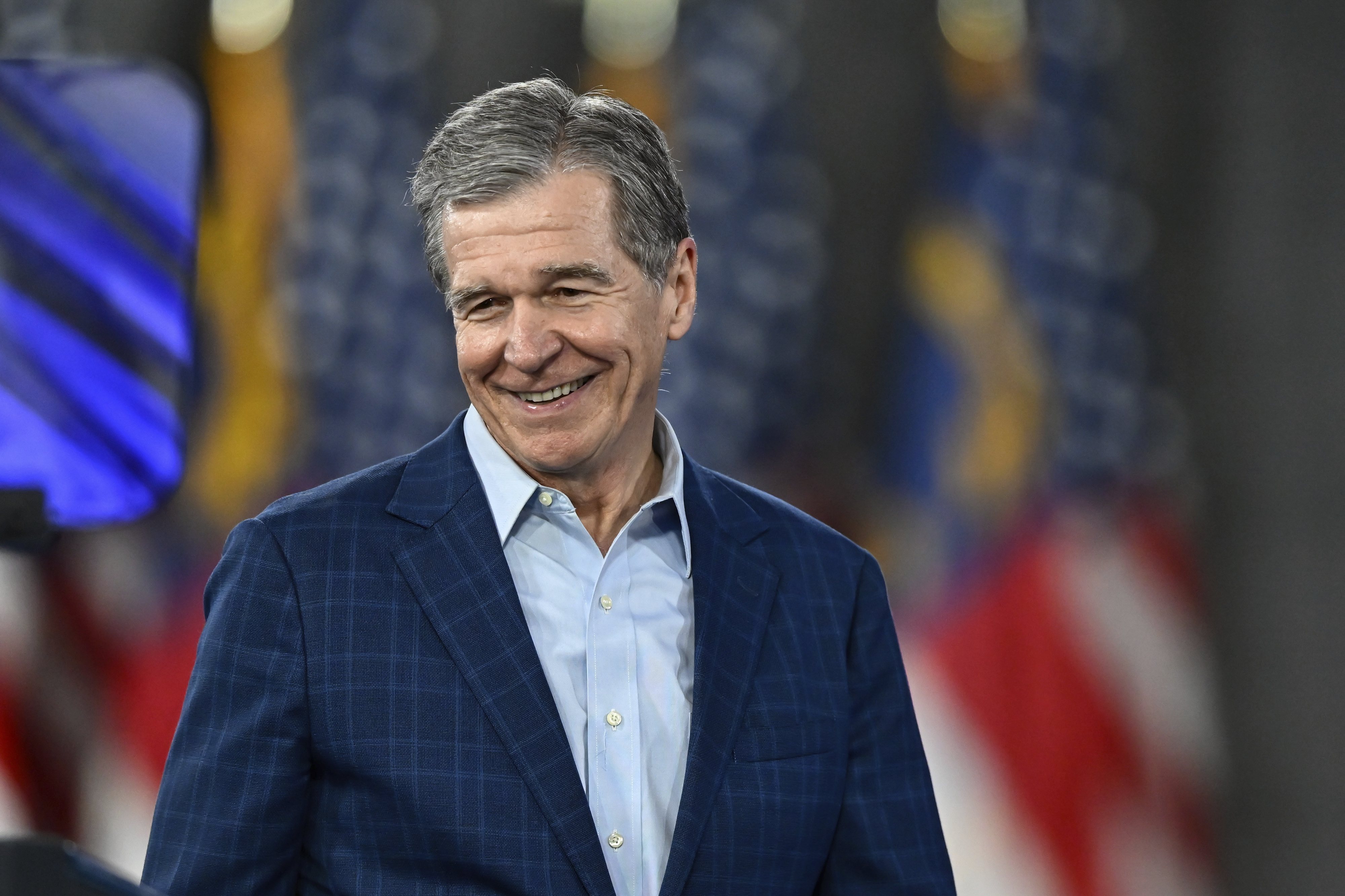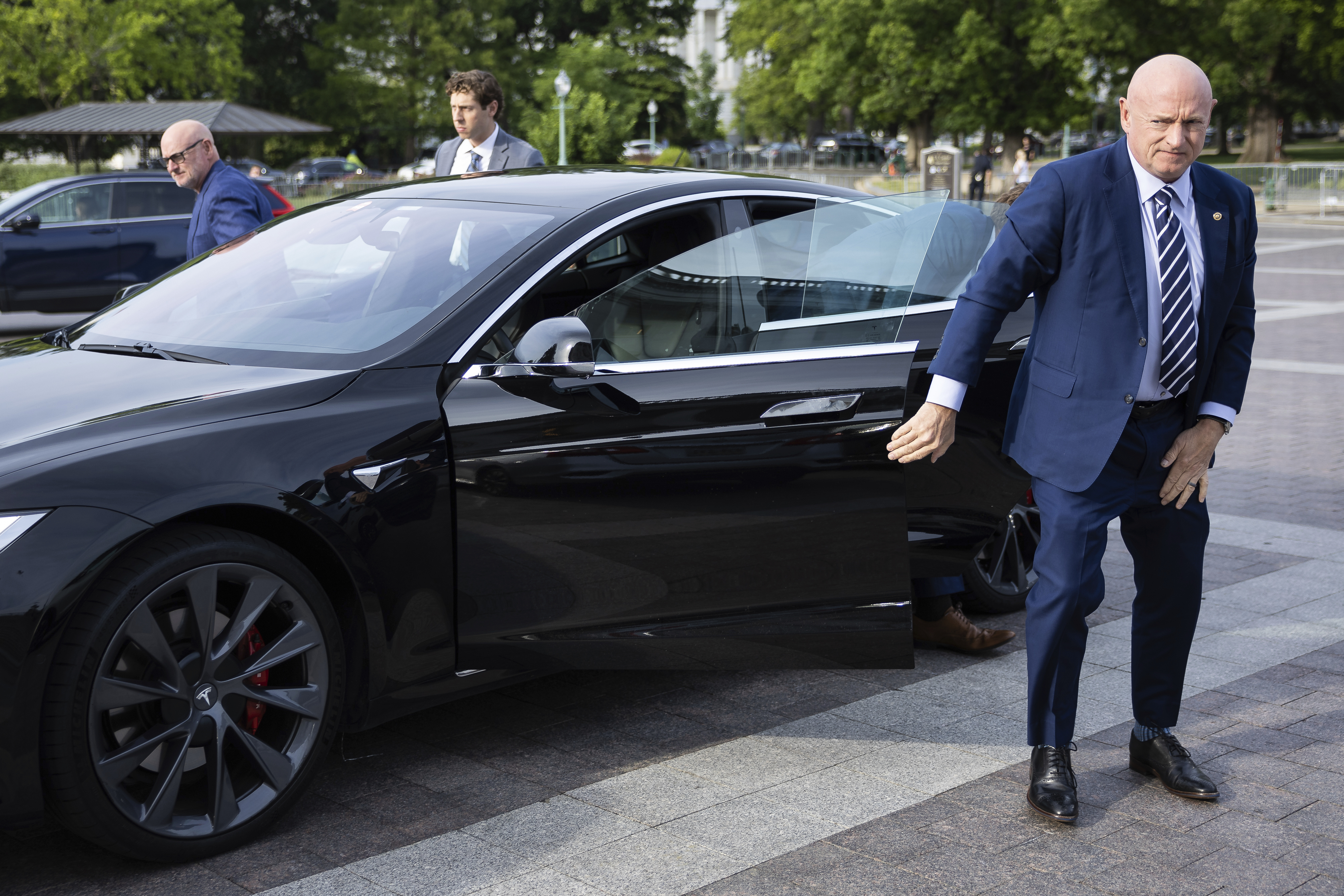Vice President Kamala Harris’ nascent presidential campaign continued to gather steam Monday as attention turned to her potential vice presidential running mate.
While Harris is not the official Democratic nominee, President Joe Biden endorsed her shortly after he stepped aside Sunday, and no other major Democratic candidates have come forward, despite some calls for a competitive process.
The vice president has gathered significant support from major Democratic figures, including Energy Secretary Jennifer Granholm and Transportation Secretary Pete Buttigieg.
“I am going to do everything I can to make sure that President [Harris] is able to continue the incredible work of [Biden],” Granholm wrote on her personal X account, listing off accomplishments like the “most significant climate laws in history.”
A handful of names of potential vice presidential candidates started to emerge even before Biden dropped out of the race. They are mostly men who have won statewide races in swing or conservative states, factors that could complement Harris’ record as a former senator and attorney general from California.
Andy Beshear

Kentucky Gov. Andy Beshear has accomplished the rare feat of winning a number of statewide races as a Democrat in a red state, once for attorney general and twice for governor, most recently last year.
As the leader of one of the top coal-producing states in the nation and with Republican supermajorities in both chambers of the Legislature, Beshear has often had to balance conservative priorities against environmental and climate goals.
He has boasted about a pair of major electric vehicle battery plants planned for Kentucky. Beshear highlighted the plants Monday in an interview on MSNBC’s “Morning Joe,” saying Biden “helped us build the best economy in our history, building the two largest battery plants on planet Earth, the cleanest, greenest recycled paper mill we’ve ever seen, creating jobs all over Kentucky and providing the funding to run internet access to every home and every business.”
Beshear was one of just a handful of governors — the rest being Republican — to reject EPA’s Climate Pollution Reduction Grant program, which offered states money to develop greenhouse gas reduction plans.
Ahead of his successful bid for a second term in 2023, Beshear deployed what some viewed as a “dog whistle” message on climate change policies, promoting his state’s acquisition of those major battery plants while touting new infrastructure like a major natural gas pipeline.
Beshear’s fine line on environmental policies in recent months has included vetoing a measure that would make it harder to shutter coal-fired power plants, while also signing into law measures to ban companies who are found to be “boycotting” fossil fuels from being eligible for state business contracts and opposing environmental, social and governance considerations in state investments.
Beshear said on “Morning Joe” that he “fully” endorsed Harris for president and would consider being her running mate if she asked.
“I think if somebody calls you on that, what you do is at least listen,” he said. “I love my job. I love serving the people of Kentucky. The only way I would consider something other than this current job is if I believed I could further help my people and to help this country.”
Beshear has at least one notable national energy policy connection. He attended high school in Louisville with former Federal Energy Regulatory Commission Chair Neil Chatterjee and dated his future wife, Chatterjee said.
Roy Cooper

North Carolina Gov. Roy Cooper also has experience winning elections as a Democrat in a conservative state, having won four terms as attorney general and two to be governor. He isn’t running again.
Cooper has done a number of campaign appearances with Harris, including one last week as part of Biden’s targeting of the state, which he lost in 2020 by less than 2 percentage points.
Cooper did his own “Morning Joe” appearance Monday, in which he too said he’d entertain the possibility of being Harris’ running mate. He said he spoke with her Sunday.
“It went great. We talked about winning this race,” Cooper said.
“I appreciate people talking about me,” he said. “But I think the focus right now needs to be on her this week, and she needs to make sure that she secures this nomination and gets the campaign ready to go.”
At least some of Cooper’s attempts to clean up North Carolina’s environment have been thwarted by Republicans in the Legislature. Last year, for instance, Cooper vetoed legislation to make nuclear count toward clean energy goals, but the GOP overrode his veto.
Republican lawmakers passed a budget last year to block Cooper from joining North Carolina to the Regional Greenhouse Gas Initiative or from mandating electric vehicles in the state government’s fleet.
Cooper has a close connection with Biden’s Cabinet. He named Michael Regan to lead the North Carolina Department of Environmental Quality back in 2017. Biden later nominated Regan to be EPA administrator, and he has led the agency since 2021.
Mark Kelly

Sen. Mark Kelly has claimed tough victories in Arizona, winning a special election in 2020 and a full-term in 2022.
He pledged his support to Harris on Sunday, issuing a statement on social media that he and his wife, former Arizona Rep. Gabby Giffords, “will do everything we can to elect her President of the United States.”
Giffords resigned from Congress in 2012 following an assassination attempt in which she was shot in the head during a constituent event the year before.
Kelly, a former astronaut, won his reelection bid by focusing heavily on issues including gasoline prices as well as securing $4 billion in federal funds to address persistent drought in the Colorado River.
As negotiations over how to dole out the pain of future cuts on the Colorado River — a key source of water for the state’s major population centers — Kelly has positioned himself as a defender of ensuring his state still receives sufficient flows.
Kelly also recently took the lead on securing a $5 billion deal that would deliver water from Lake Powell to a trio of Native American reservations — the Navajo Nation, the Hopi Tribe and the San Juan Southern Paiute Tribe — in the Colorado River Basin. Indigenous voters were a crucial voting bloc for securing Kelly’s first Senate victory.
He has sought to walk a finer line on water regulation. In early 2023, Kelly voted to retain the Biden administration’s Clean Water Act rule even as five of his moderate colleagues — including independent Sens. Joe Manchin of West Virginia and Kyrsten Sinema of Arizona — voted to overturn the measure.
“This legislation would have had the unintended consequence of reverting back to rules that create even more uncertainty for Arizona businesses, developers and farmers,” Kelly said at the time, while arguing that the administration should not regulate every “dry ditch and wash.”
Josh Shapiro
Pennsylvania Gov. Josh Shapiro has been elected both attorney general and governor in the Keystone State, a swing state that went for Trump in 2016 and Biden in 2020, and which is likely key to a Harris victory.
He endorsed Harris on Sunday, calling her “a patriot worthy of our support” and asking other Democrats to unite behind her.
“The contrast in this race could not be clearer and the road to victory in November runs right through Pennsylvania — where this collective work began,” he said, a reference to Philadelphia’s history as the United States’ early capital.
Shapiro ran in 2022 on a platform that included skepticism of the Regional Greenhouse Gas Initiative, a cap-and-trade program for the Northeast’s power sector that advocates had long pushed Pennsylvania to join, and which Gov. Tom Wolf, Shapiro’s predecessor, entered into.
Earlier this year, he proposed a major new climate program that would pull Pennsylvania out of RGGI but create a new program for reducing emissions from the power sector.
“Doing nothing is not an option,” Shapiro said in a speech rolling out the plan. “We must take action to be more competitive, ensure our consumers pay less for their electricity bills, and create more jobs and opportunities for our businesses to grow and our workers to get ahead.”
He’s emphasized the state’s role as an energy powerhouse — it’s a major coal and natural gas producer — while looking to embrace hydrogen, including through two hydrogen hubs.
“It is a false choice to say we have to choose between protecting our planet and protecting our jobs,” Shapiro told POLITICO. “We can have both.”
Clearing the field
On Monday, a number of potential competitors against Harris for the Democratic presidential nomination took themselves out of contention.
Manchin, the chair of the Energy and Natural Resources Committee, had reportedly considered late Sunday coming back to the Democratic Party to run for president. But by Monday he had decided against it.
“I’m not intending to run for any political office,” Manchin said on “Morning Joe.”
He nonetheless didn’t endorse Harris and called for competition in the nomination.
“I was hoping that, with the decision that President Biden made, that there would be a primary, that we could find out where the cream of the crop of the new generation,” Manchin said. “I was hoping there’d be some form of a mini-primary.”
Michigan Gov. Gretchen Whitmer and Illinois Gov. JB Pritzker also bowed out and formally endorsed Harris’ candidacy. Whitmer told local media she was “not leaving Michigan” when asked about the No. 2 job.
“In Vice President Harris, Michigan voters have a presidential candidate they can count on to focus on lowering their costs, restoring their freedoms, bringing jobs and supply chains back home from overseas, and building an economy that works for working people,” Whitmer said in a statement.
Pritzker said, “Vice President Harris has proven, at every point in her career, that she possesses the skills, strength, and character to lead this country and the vision to better the lives of all Americans. From protecting women’s rights to defending American workers and strengthening the middle class, Vice President Harris is a champion of the American values we hold dear.”
Reporter Kevin Bogardus contributed.
